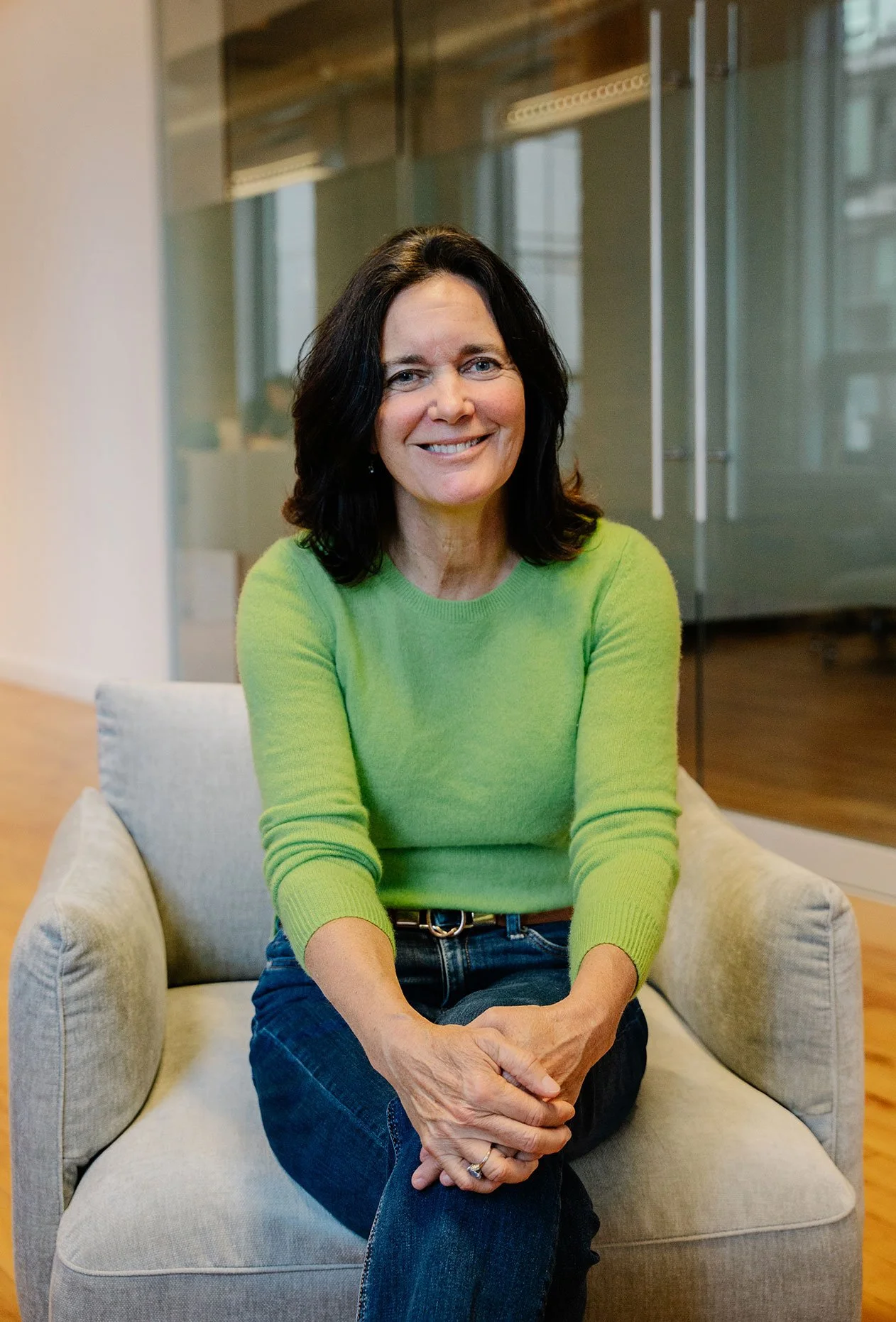My Story
When I was diagnosed with attention deficit hyperactivity disorder (ADHD) in my early 50s, everything finally made sense. It was as if I had been looking at the front of the same statue all my life, and suddenly someone gave it a quarter-turn, revealing a side I'd never seen before. As I rewound the tape of my life, I recognized how my constant need for stimulation affected my life decisions, whenever boredom set in. But it also explained my strengths.
I couldn't wait to tell friends and family the good news. But it was met with blank stares and condolences, which left me baffled. One friend said, "You don't look like you have ADHD. You're not fidgety and you're not scattered." Hurt by the dismissal, I told them, "Thanks for noticing, because it took me YEARS to develop the coping skills to look this normal."
I may not be “normal”, but that’s a good thing.
I stopped telling people I had ADHD. I obsessed about learning everything I could about it. But everywhere I looked I was bombarded with information about the deficits and weaknesses, how to fit in better, how to be more "normal."
But I felt normal. I thought others weren't normal. Didn't everyone have a million ideas bouncing around in their head all the time? Didn't they feel compelled to acknowledge and weigh every sight, sound, smell, touch, and even other people's emotions? Didn't certain sounds like a vacuum cleaner, a dog barking, or a beeping machine distract them to near madness?
My ADHD brain doesn't work the same way as a normal (neurotypical) brain. It thinks panoramically. It's what makes us creative and gives us the ability to look at things differently. When solving problems, we can leapfrog ahead of linear thinkers, quickly connecting the dots in complex patterns to find endless possibilities. Often to the point of distraction
I would love to hear your story.
In my journey to better understand myself, I became an ADHD coach to help others sift through the mountain of misinformation and to help them focus on their strengths.
The myth of normal.
I recently shared my thoughts about all of this in an opinion piece for CBC. I also produced a two-part documentary on neurodiversity, “Myth of Normal”, for the CBC Radio program IDEAS.





